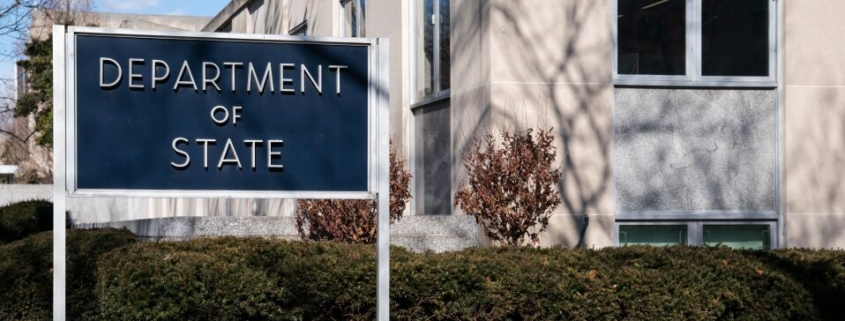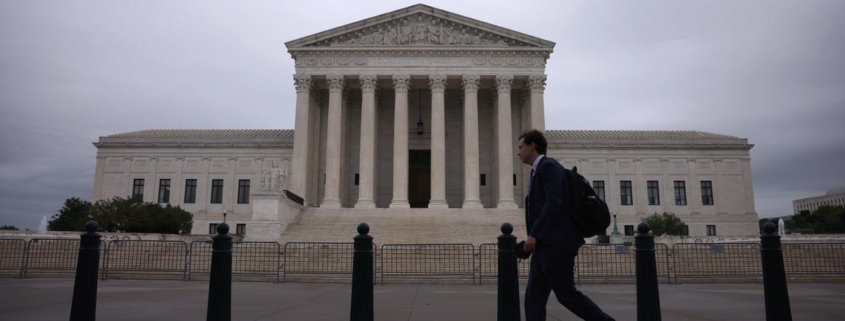Interior ministry suggests seven anti-hacking tricks

The interior ministry’s information technology department suggests seven ways to protect computers from hackers. Interior ministry
The Ministry of Interior’s Department of Information Technology has presented seven tips to protect the security of computers and computer systems across the Kingdom to prevent hackers from trespassing and committing cybercrimes.
The department said that while computers play an important role in facilitating many general tasks in the modern world, they also have the potential to cause harm, as any computer that is connected to the internet is capable of being hacked.
They said there were many computers around the world that had been hacked and used to commit various crimes, like extortion, fraud, or the ordering
of illegal goods. To prevent theft
through technology, the ministry has shared seven key tips – using a firewall, updating system and software, avoiding “free” security scans, downloading files with precautions, installing reputable security software, backing up important data; and using a pop-up blocker.
According to the department, a firewall is a protective barrier between a computer and the internet. Everything that goes in and out of a computer must pass through the Firewall. If any viruses attempt to enter the computer, the firewall will immediately block them from access.
The software and internal systems of each company’s computer are constantly being updated for security reasons, so it is important to update the operating system and software regularly, every time an update is issued.
The department also advised people against using anti-virus software that is available for free download from any website as it may contain links to viruses.
People should avoid downloading programmes from any website that they are not familiar with and refrain from downloading files, videos or songs that anonymous people have sent to them as they could contain viruses.
As a precaution, they are advised to use anti-virus and anti-spyware software to remove any viruses that may be on their computer and to prevent new ones from attaching themselves to the system. If the computer already has this software installed, viruses will not be able to…



